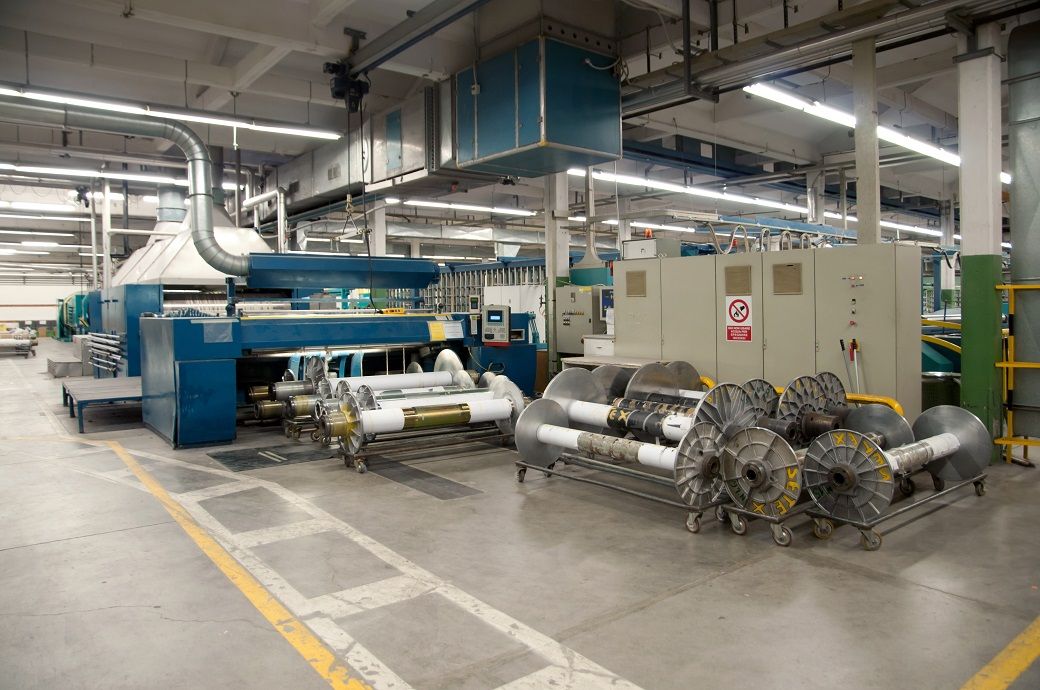
Business optimism improved to a five-month high, driven by expectations of a future recovery, new product launches and internal improvements. Nonetheless, sentiment stayed below the long-run average, weighed down by weak demand, policy uncertainty, and global trade challenges, S&P Global said in a press release.
Output shrank for the ninth month in a row, but contraction was notably softer. Consumer and intermediate goods producers returned to growth after prolonged declines, though investment goods output worsened. New orders fell at a quicker pace, extending a ten-month slide, with firms citing low client confidence and tighter budgets—partly influenced by recent government decisions on the National Minimum Wage (NMW) and employer National Insurance Contributions (NICs).
Export orders declined for the 42nd straight month, reflecting global tariff concerns, Brexit-related frictions, and rising foreign competition. Weaker demand was reported from key markets including North America, the EU, India, and China.
Employment in the sector continued to shrink, with July marking the ninth consecutive month of job losses. Hiring freezes and layoffs were reportedly used to offset cost pressures stemming from wage and tax reforms. Backlogs fell further despite reduced capacity, indicating under-utilisation of resources.
Stocks of finished goods declined for a sixth month, while purchasing activity and input inventories were also cut to align with softer demand. Although cost pressures remained stable overall, firms noted rising transport, shipping, and supplier charges.
Despite glimmers of hope, the data underscores a sector still under stress, with subdued domestic and international conditions tempering any immediate recovery.
Rob Dobson, director at S&P Global Market Intelligence, said: “The UK manufacturing sector is starting to send some tentatively encouraging signals, with the downturn moderating in July as factory output came close to stabilising and future output expectations hit the highest since February. However, it’s clear that there’s no assured path back to strong growth. Clients in the home market often remain unwilling to spend due to cost factors such as higher minimum wages and employer NICs, while export markets are being buffeted by geopolitical stresses and trade and tariff uncertainties.
“The biggest concern remains the labour market, with the rate of job cutting through much of 2025 among the steepest since the pandemic year of 2020. With the Autumn budget only a few months away, manufacturers will likely remain cautious and focussed on stabilisation while waiting to see if future budget announcements provide much needed support or further challenges to overcome."
ALCHEMPro News Desk (KD)
Receive daily prices and market insights straight to your inbox. Subscribe to AlchemPro Weekly!